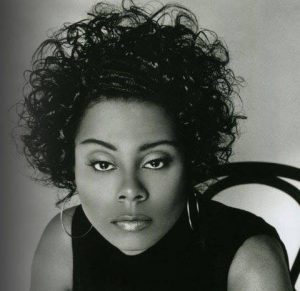Composed by Shunda Wallace

Historically, urban districts, have poured all of they’re money and resources into the more specialized schools, like Rosa Parks School for the Performing Arts in NJ or the Duke Ellington School for the Performing Arts in DC, forgetting the rest of the districts creative and needy children. It is sad, the districts throughout this state and also throughout this country, have not made the connection to math and science in music instruction. Giving true thought to upgrading the entire musical curriculum would be a step in the right directions if we want our children to achieve greatness. I believe that the child is a product worth investing in.
Music and the arts also give children a different kind of work ethic instilled through discipline and daily practice on they’re instruments. The urban district child, from a very early age, are exposed to hip hop, rhyming and learning to memorize lyrics. These are all good skills that a child can have at his disposal but our goal as educators is to groom a well rounded child that has been exposed to Opera, Jazz, Mozart, Coltrane, and Symphony Orchestra’s. This child will never feel out of place in any environment, this child will understand and internalize the concept that “the world is my oyster”. This child can see music from a more global perspective subsequently this child can see a world outside of the poverty and the projects.
It is imperative that we invest in the various components of a music curriculum so that every child can have a head start in life. If we harness what our children love first, this will serve as a catalyst to boost the child’s self-esteem in all other aspects of of his or her life. The problem, I see is the approach to music instruction and where the emphasis lie.
Through a specific program such as Shunda Wallace’s hands on curriculum, we emphasize this cross training between music with math and science.
With reinforcements in place working as a team to improve the three, we can improve upon music as a whole. Were looking at a proactive program. Were also taking music further than any district can imagine. Were taking what children love, using it and then improving upon it. My system, is dedicated to the training of current musical instructors so we can improve upon they’re methods forty percent in the first year of application. and what we know as the traditional music teacher.
This instructor must be able to evaluate when a student is lacking in either science or math even though that student may be an excellent singer or musician. It would be a wonderful experience as a music instructor to witness every child have an appreciation for the art of music instruction as my generation did. I also understand that due to budgetorial restraints, it is sometimes difficult for a district to embrace, different method of practice.
Ms. Wallace holds a Bachelors of Music in Music Management from William Paterson University, Masters Degree in Jazz Arranging and Orchestration from William Paterson University in addition to an Advanced Level Certification in Music Therapy from Montclair State University.
Ms. Wallace’s research on Schizophrenia and Depression was published in Montclair State Universities “Forward Thinking” newsletter and presented/nominated for an award at Montclair State’s 2013 Research Symposium.